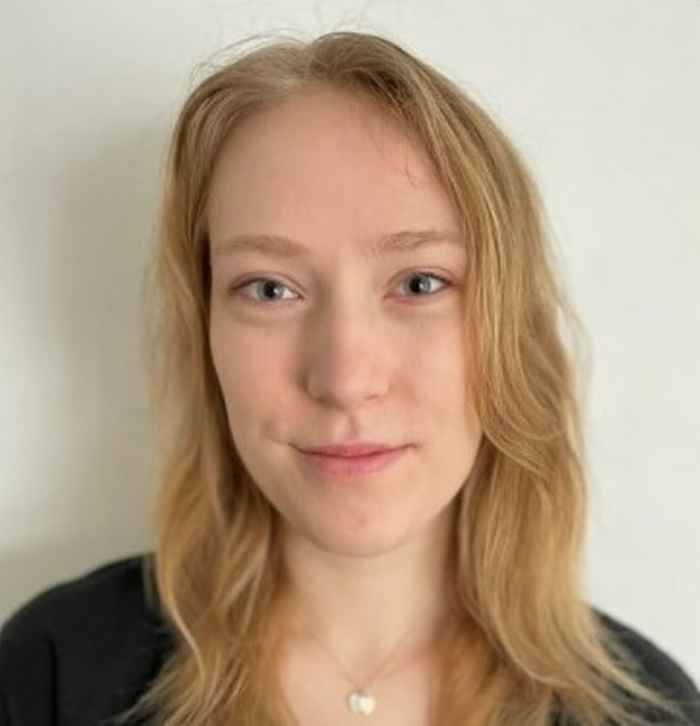Frederike Oetker

My interests during the master were definitely on the theoretical side, such as law or evidence based techniques, as I knew that I wouldn’t be working as a chemist in a lab without any corresponding background knowledge due to my background. I also tried to deepen my previous knowledge by selecting elective courses from different master programmes or even universities (don’t be afraid to look outside of your own programmes for electives and additional courses!). My favourite time of the master were the courses in the 2nd year. At this point, you can select more targeted courses according to your interests and ideas for your future while applying what you’ve learned in the first year, plus you get to share those courses with the people you’ve become good friends with over the last year. Of course, the outings and trips together were a lot of fun too!
Luckily, I had already started my final project at the Netherlands Forensic Institute and collected enough data to work from home when the pandemic hit in the beginning of 2020, but graduating into such an unstable environment was still a strange experience. To find my position, I used a wide variety of search terms to detect different projects and directions, but it helped a lot that I knew all along that I wanted to be a PhD student so I was able to browse the websites of universities or other academic job postings. With a background in forensics, you have a lot of options in different fields, such as law, finance, IT or working in a forensic lab. Since 2021, I am a PhD student at the Informatics Institute at the UvA, working on detecting patterns and modelling criminal networks in the cocaine market in the Netherlands, in collaboration with the police. It is my dream job, as I always wanted to do a PhD and remain in a research environment, and I hope down the line I can take on more projects like this, as well as doing more teaching at the UvA.